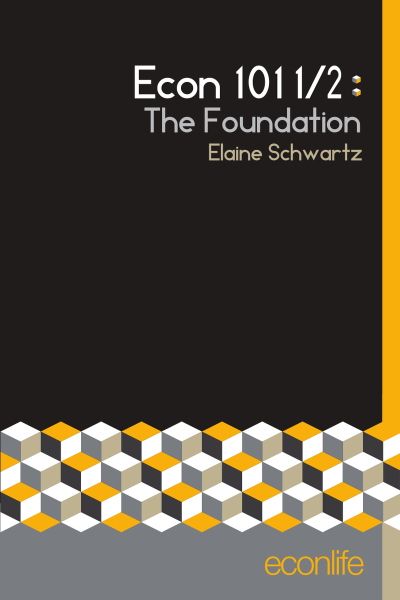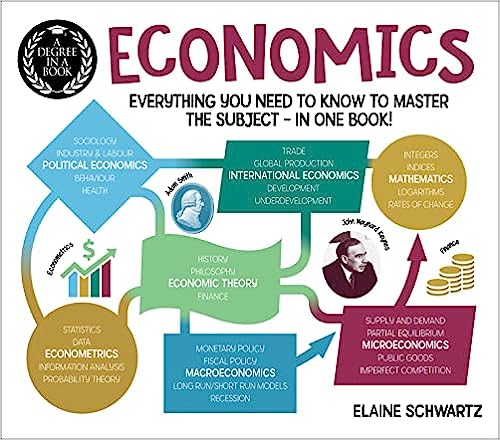Measuring happiness is tough because of the difference between what we actually experience and what we remember about those moments.
Why Brand Loyalty is about More than Taste
Brand loyalty, preferring aspartame in Diet Pepsi and Coca-Cola’s original recipe can be explained by ideas from behavioral economics like status quo bias.
The Cost of Hosting the Olympics
As with most mega-projects, 2024 Olympic spending is likely to exceed projected costs and provide fleeting glory for any city that hopes to be a host.
The Best and Worst Ways to Stop Smoking
Expensive for employers and society, smoking is a habit that requires cleverly designed commitment devices for successfully getting people to quit.
One Reason We Think a High Price Looks Low
Through a behavioral economics lens, our reaction to a price relates to a frame or reference point that creates an association with a gain or a loss.
What a Blind Taste Test Showed About Beer
Behavioral economic ideas show that product differentiation and consumer preference are more from branding than the taste of colas or beers.
Some Warren Buffett Investing Wisdom
Guilty of probability neglect, we should listen to Warren Buffett’s advice on investing and use cost/benefit analysis whenever emotions overwhelm logic.
How Chinese Economic Growth Relates to Restaurants and Pilots
China might not fuel world economic growth if instead of a 7 percent real GDP growth rate forecast, we use a regression to the mean of 3.9 percent.
How Less Might Be More At the World Cup
In a study of the Barcelona Olympics, researchers concluded that winners of the bronze medal tended to be happier than the athletes who got the silver. Please look at the expressions (below) of the Olympic medal winners for the 200-meter individual medley at Beijing…
Have We Halved the Deficit?
In the State-of-the-Union, President Obama said, “Our deficits–cut by more than half.” Looking at the federal deficit as a percent of GDP, we can say that the deficit is much lower than 4 years ago. BUT… The deficit was an unusually…



















